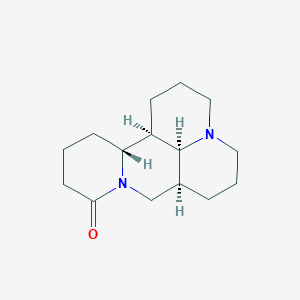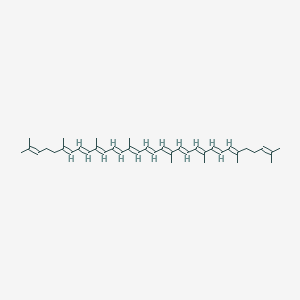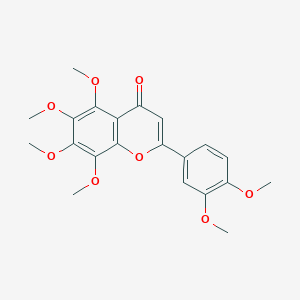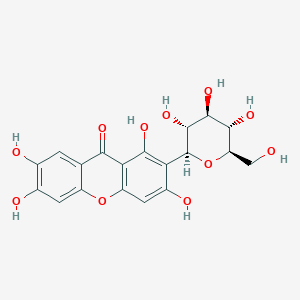Description
Matrine is an alkaloid found in plants from the Sophora genus, particularly in Sophora flavescens, a species used in traditional Chinese medicine. Here’s an introduction to its functions, applications, and benefits:
Function
Matrine possesses various pharmacological properties. It functions mainly as a natural bioactive compound with the following effects:
- Anti-inflammatory: Matrine can reduce inflammation by inhibiting certain pathways and mediators that lead to inflammatory responses.
- Antiviral: It has been shown to have activity against a range of viruses, although the mechanism isn’t fully understood.
- Antitumor: Matrine can induce apoptosis in cancer cells and has been reported to inhibit cancer cell proliferation and metastasis.
- Cardioprotective: Some studies suggest matrine can protect heart tissue by improving cardiac function and reducing cardiac fibrosis.
- Antifungal and antibacterial: It has also demonstrated some inhibitory effects on various bacterial and fungal species.
- Insecticidal: Historically, it has been used as an insecticide due to its toxic effects on certain insect species.
Application
Matrine’s applications are mainly in the field of medicine and agriculture:
- Traditional Medicine: In Chinese medicine, matrine and the plants it is derived from are used for a variety of purposes, including the treatment of gastrointestinal disorders, eczema, and diseases caused by inflammation.
- Modern Pharmacology: It is being studied for its potential in the development of new drugs to treat viral infections, cancer, and cardiovascular diseases.
- Agriculture: Because of its insecticidal properties, matrine is used in organic farming to protect crops from pests.
Benefits
- Natural Origin: As a plant-derived compound, matrine is considered a natural product, which can be preferable over synthetic drugs for some applications.
- Therapeutic Potential: With its broad range of pharmacological effects, matrine has significant potential for developing therapies for a variety of diseases, especially where conventional treatments may not be effective or can cause severe side effects.
- Low Toxicity: Matrine tends to have lower toxicity compared to some synthetic drugs, although its safety profile is not fully established and can vary depending on dosage and mode of administration.
Safety and Considerations
While matrine has potential benefits, it is important to consider the following:
- Dosage: The therapeutic window for matrine is important; incorrect dosages could lead to adverse effects.
- Side Effects: There may be side effects associated with matrine, particularly when taken in high doses or without proper medical supervision.
- Drug Interactions: As with many bioactive compounds, there could be interactions with other drugs that need to be understood and managed.
- Regulatory Approval: Matrine-containing products may not be approved by regulatory bodies like the FDA for certain uses, especially as therapeutic agents, without extensive clinical testing.





